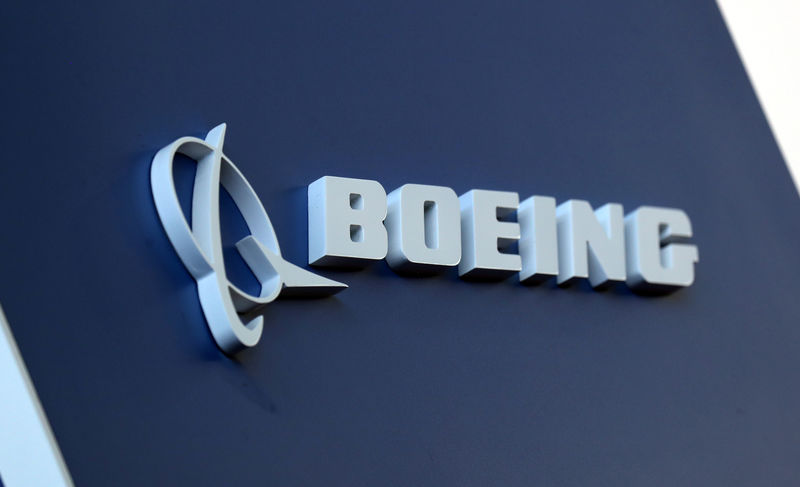By Sanjana Shivdas
(Reuters) - Fitch Ratings lowered its debt outlook for Boeing Co (N:BA) to "negative" from "stable" on Monday, citing regulatory uncertainty around the timing of its 737 MAX jets' return to service.
The revision, which comes on the heels of Boeing's nearly $5 billion charge related to the grounding, could potentially increase borrowing costs for the world's largest planemaker.
Fitch, however, stuck to its investment grade credit rating of 'A'/'F1' on Boeing debt, saying the company has substantial liquidity, financial flexibility, low leverage, access to capital markets and revenue diversification.
Boeing is facing one of the worst crises in its history as its fastest-selling jetliner has been grounded since March after crashes in Ethiopia and Indonesia that killed a total of 346 people.
The rating agency said https://www.fitchratings.com/site/pr/10083377 MAX will remain a concern for the aviation sector in 2020, and expects a lingering impact on Boeing's operating margin for several years after the jet returns to service.
The outlook revision was also based on the challenge of returning parked planes to service, delivering stored post-production aircraft and the financing needed to build up working capital, Fitch said.
The outlook indicates the direction in which Fitch's rating is likely to move over a year or two.
Boeing did not immediately respond to a request for comment.
As of March 31, Boeing had total debt of $14.7 billion according to Refinitiv data, and Fitch said it estimated that consolidated debt for the company would rise by almost $10 billion to nearly $24 billion in 2019.
"The MAX situation also presents significant public relations challenges, and the impact on Boeing's reputation and brand will be a watch item for the next year or more," the agency said.
Fitch in April had warned that 2019 would be stressful for Boeing, expecting most credit metrics to deteriorate.
On Monday, it flagged the risk of higher concessions to airlines, especially if the MAX grounding extends into the end-of-year holiday season.
It said the MAX situation was largely a temporary issue of timing unless substantial orders were cancelled.

Shares of the planemaker were trading down more than 1% at $373.